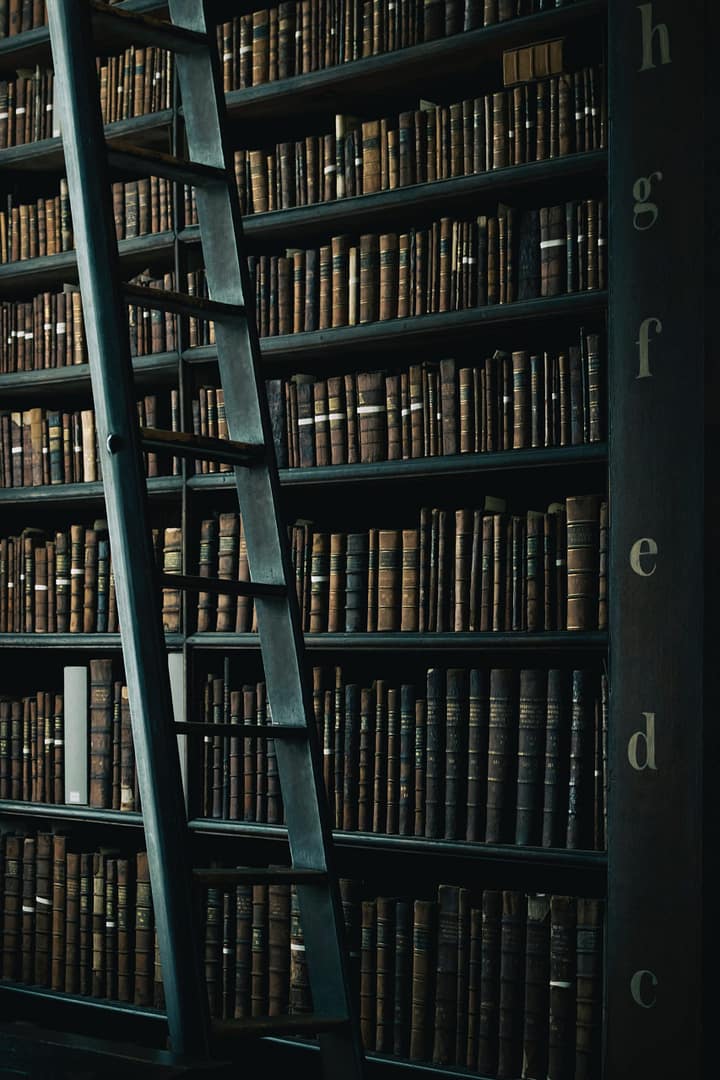
These are the top ten books I think everyone should read. I believe the primary purpose of literature is to transform us. But when you don’t have the luxury of time it can be hard to know where to start—especially if you’re not already interested in reading. So I wanted to put together a list for the modern reader.
Now, this is not some arbitrary list that you should read because I said so or simply because they’re classics. Personally, I don’t believe that things should be respected simply because they are old. And I could not in good conscience recommend A Tale of Two Cities or something because, while it’s a great story, it’s a brutal read. So I picked titles that will give you a good foothold in historical literature that is directly relevant to today.
And don’t forget – if you’ve already read some of these, there’s nothing to say you can’t read them again. Hope you enjoy!
#1 Of Mice and Men | John Steinbeck
“Maybe ever’body in the whole damn world is scared of each other.”
The Plot
George and Lennie are two migrant ranch workers in California during The Great Depression. George does his best to protect Lennie, who is large in stature and mentally disabled, as they search for the American Dream. But as it turns out, the world is not always kind to dreamers.
Why You Should Read It
- A lesson on compassion
- The price and reality of the American Dream
- The danger and evil of opression
The American Dream has long enticed citizens and immigrants alike, but it’s not as simple as it seems. Both George and Lennie want to live a life of peace and prosperity, but George lacks formal education and Lennie is subject to social prejudice because of his mental status. The novella displays the power of friendship, the reality of being powerless, and the cost of dreaming.
I won’t lie, this is an easy read but a tough story. I highly recommend keeping the tissues nearby. But Of Mice and Men is a classic for a reason and in my opinion, it’s a can’t miss. This story is so relevant today and you really ought to read at least one Steinbeck novel before you die. You can thank me later.
#2 To Kill a Mockingbird | Harper Lee
“It’s a sin to kill a mockingbird.”
The Plot
The book is told from the perspective of a young Scout Finch as her father risks everything to defend a young black man accused of raping a local white woman in Maycomb, Alabama. Scout’s father, Atticus, teaches her the value of courage and compassion during the trial as he takes a stand to right a great wrong.
Why You Should Read It
- Racial injustice
- The power of courage and compassion
- The loss of innocence
The racial issues in the novel are as timely as ever, and the themes of injustice are universal. Atticus is faced with a difficult decision and he acts based on what he believes to be right. But he doesn’t stop there. His most important role is the example he sets for his children and the subsequent hope he passes down to the next generation. Scout has a chance to change the world she and her father live in by choosing to live with compassion and courage instead of prejudice and fear. This is a necessary display of bravery for anyone alive who is seeking to do better. Don’t miss out.
#3 Pride and Prejudice
“Vanity and pride are different things, though the words are often used synonymously. A person may be proud without being vain. Pride relates more to our opinion of ourselves, vanity to what we would have others think of us.”
The Plot
Elizabeth Bennet yearns for independence and love among a sea of vapid distraction in her rural town. But as a woman in Regency Era England, she doesn’t have a lot of options. And when she meets the scornful Mr. Darcy, she’s sure she wants no part of the upper class. But, as it turns out, her pride and prejudice may be unfounded.
Why You Should Read It
- Class disparity
- Overcoming pride and prejudice
- The importance of self-awareness
Don’t discount this one as a romance novel. Jane Austen is a fabulous author and her social commentary is as relevant today as it was then. But my favorite thing about Austen? She does not condemn classes or people. She has such a sympathetic view of human nature and she is able to craft a story that exposes the problems in every economic class instead of writing anti-wealth propaganda. In a time when so many people are expressing extreme viewpoints, Austen reminds us how to see things as they really are.
Beyond the class descriptions, Lizzie is a beautiful example of the possibility each of us can have when we are willing to change. Both she and Mr. Darcy learn to take a hard look at themselves and end up significantly better people because of it. Happiness is achieved through progress.
Austen has a beautiful catalog and I would put all of her books on here if I could. But Pride and Prejudice has always struck me as one of her best. Don’t forget to check out the rest of her work if you like this one. Sense and Sensibility is my second favorite.
#4 The Great Gatsby | F. Scott Fitzgerald
“In my younger and more vulnerable years my father gave me some advice that I’ve been turning over in my mind ever since.
‘Whenever you feel like criticizing anyone,’ he told me, ‘just remember that all the people in this world haven’t had the advantages that you’ve had.’”
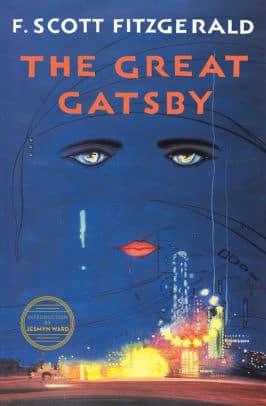
The Plot
Uncover the story of the mysterious Jay Gatsby, a hopelessly wealthy romantic who throws lavish parties (but never attends them) in Long Island during the titular 20’s. This novel features a unique and interesting cast, all while taking a hard look at America in the jazz age. Fitzgerald also has a thing or two to say about the cost of dreaming.
Why You Should Read It
- Elegant prose
- Class inequality
- What it means to be a dreamer
Like Steinbeck, Fitzgerald takes a hard look at the American Dream in this novel. Based somewhat off of personal experience, the author was both mesmerized and repulsed by his experiences in Long Island. The novel displays all the best and worst of one of the most interesting decades in American history, exploring the hedonism and gaudiness that seems to plague affluent people. It’s a great read for a modern audience because each of us are still in search of “the dream.” But dreams are rarely what we think and this novel gives you a chance to explore that concept in depth.
Beyond the stellar plot and characters, Fitzgerald writes incredible prose. Whether you’re interested in literature or not, this is the kind of book that can show you how beautiful language can be without wasting hundreds of pages on it (sorry, Dickens. Not a fan).
#4 The Adventures of Huckleberry Finn | Mark Twain
“All right, then, I’ll go to hell.”
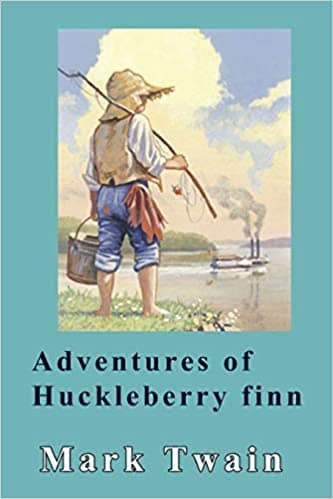
The Plot
Following The Adventures of Tom Sawyer, Huckleberry Finn escapes confining religious life in a fictional town along the Mississippi River with an abusive alcoholic father. Along the way he befriends a runaway slave named Jim who has escaped his owner and plans to reach Illinois to buy his family’s freedom. Jim becomes a good friend and guardian to Huck, who realizes throughout the novel just how hypocritical and evil his society is.
Why You Should Read It
- Conflict between personal and societal values
- Hypocrisy
- Historical relevance
If people read more books, they might know that many Americans have spoken out against slavery and racial inequality. It was a popular topic at the time (obviously), and many people are still in love with these classics. Huck struggles between the prescribed morals of his society and the beliefs he holds in his own heart throughout the novel. It’s a pointed look at the hypocrisy of a society that claims to be moral yet beats and enslaves their fellow humans without remorse. The friendship between Huck and Jim is inspiring, troublesome, and masterfully written. Plus, Mark Twain is a fabulously talented writer and. a joy to read.
This is your official warning that the novel includes many uses of the “n” word, despite being a harsh call-out of the treatment of black Americans at that time in history. And while it’s an uncomfortable word to read, it was used freely at the time and to omit that sort of language would be to erase history. So beware as a reader, but try to remember that it can be a good thing to feel uncomfortable.
#6 The Hobbit | J. R. R. Tolkien
“So comes snow after fire, and even dragons have their endings.”
The Plot
Bilbo Baggins lives the quiet sort of life that every hobbit ought to, until Gandalf comes to him with a proposed adventure. He soon sets off with a band of dwarves on a quest to take back their home in the mountain of Erebor, where a terrifying dragon has taken up residence. Though small in stature and less versed in combat or adventure, Bilbo proves to be a great hero.
Why You Should Read It
- Greed
- Bravery
- Humility
Unlike The Lord of the Rings trilogy (which is better in the movies, fight me), The Hobbit is nice and short and to the point. It’s also nothing like the movies, so don’t think you’ve already seen it. I think everyone should read at least one fantasy novel in their lifetimes, and I have a soft spot for Middle Earth. Tolkien tends to ramble a bit for my taste, but he tells beautiful stories and he’s in large part the reason fantasy is what it is today.
Though not a coming of age novel, Bilbo discovers and crafts his identity throughout the story, gaining important experience in his travels with the dwarves even though he never fully becomes part of their group. It’s a book about exploration, both of the world and of oneself, and it all takes place in a thoroughly imaginative and beautiful world.
#7 Fahrenheit 451 | Ray Bradbury
“‘Remember, the firemen are rarely necessary. The public itself stopped reading of its own accord.’”
The Plot
In this dystopian future, books are outlawed and firemen are charged with burning down houses where banned material is found. Guy Montag, the protagonist, is a fireman who becomes increasingly conflicted with historical erasure and censorship. His free-spirit and idealism make him question everything his society believes and he is faced with a choice to continue in his role or protect the knowledge his superiors would rather do without.
Why You Should Read It
- Censorship and the control over flow of information
- Idealism and freedom of speech/thought
- The importance of books, history, and knowledge
I can’t think of a more timely read than this one. While knowledge seems more available than ever, there’s a whole lot of censorship going on in the world right now. In media, politics, and even sometimes personal relationships, we are living in a covert period of censorship where free speech is in serious danger. Between mob mentality and social pressures, I believe everyone should read this book and take a serious look at the flow of information in their lives. Knowledge is power and it can so easily be taken away.
Please, if you read nothing else on this list, please read Fahrenheit 451. Though, if you read this one, I trust you’ll be inclined to read more in general.
#8 Hamlet | William Shakespeare
“There is nothing either good or bad, but thinking makes it so.”
The Plot
Having been visited by his father’s ghost, Hamlet discovers his uncle Claudius murdered his father, the former King of Denmark. Hamlet then sets off on a quest for vengeance at the behest of his father’s ghost. Claudius, afraid for his life and suspicious of his nephew, devises his own plot to kill Hamlet. Predictably, the whole thing ends in tragedy.
Why You Should Read It
- Vengeance
- The failing quest for certainty
- The impossibility of action
Shakespeare can be a tough sell because most people have already made up their minds about his work. Some of you are groaning at this addition and some of you are wondering why I didn’t bring it up sooner. But while Shakespeare can seem daunting and dare I say boring to those who are not avid fans, his work is not nearly as dreary as your public school education may have led you to believe (at least that’s what happened to me).
Hamlet is the basis for most modern revenge stories and it does a great job of asking the big questions and forcing you to think. Hamlet is somewhat unreliable as he feigns madness (and often drifts toward it in reality). The whole lot of them get caught up in their thirst for vengeance and it’s quite unlike any tragedy that came before it. Hamlet is undoubtedly one of Shakespeare’s best, and you’d be doing yourself a huge favor by reading it. Plus, if you’re having trouble with the language, you can always check out No Fear Shakespeare.
#9 Animal Farm | George Orwell
“All animals are equal, but some animals are more equal than others.”
The Plot
In this withering look at class structure, working conditions, and totalitarianism, a group of overworked animals rise up and take over the farm from their human “boss” in an effort to create better working conditions for themselves. It starts with the promise of equality, but the revolution is short-lived and the farm soon falls to tyranny under the reign of the dreaded pig Napolean.
Why You Should Read It
- The short path from revolution to tyranny
- Class inequality (are you sensing a theme here?)
This. Book. Is. So. Important. Orwell masterfully writes about poor working conditions in a way that at once softens and sensationalizes the problem with totalitarian government. This is by far one of the most affecting stories you can read because history is repetitive and a story like this one is ever more relevant today.
The fact is, any government is just a few bad steps away from tyranny. And it always starts with the promise of equality and progress. Read any history book and you’ll see how often things go from bad to worse as dictators worm their way into power. And while I don’t consider myself a conspiracy theorist, I can all but guarantee you this is happening in some form right now in America because that’s what always happens. Please read this book.
#10 An Ember in the Ashes | Sabaa Tahir
“A pathetic, human notion—that by drowning in guilt and regret, one can atone for any crime, no matter how despicable.”
The Plot
Laia and her people, The Scholars, were enslaved by the Martial Empire a long time ago. She has lived in fear her entire life, but when her brother is taken by the Empire she is forced to find her courage as she attempts to rescue him. Along the way she meets Elias, a soldier for the Empire who is determined to find his own freedom. But there is a bigger plot than either of them realize and the world as they know it hangs in the balance.
Why You Should Read It
- Own voices story
- Oppression
- The value of hope
I wasn’t sure whether I would include this one, as it is both fantasy and YA. But stereotypes be damned because of all the books on this list, this series is my favorite. Fantasy often tells stories of European-esque people and places, which makes the genre repetitive and somewhat blinded. I have no problem whatsoever with medieval Europe and I don’t think we should stop talking about it. But it’s refreshing and culturally important to read a book based in middle eastern legend with a Middle-Eastern cast.
Sabaa Tahir is an insanely talented writer with a real gift for language. This is one of those books that is so entertaining you might not realize how much it makes you think. Her characters deal with personal struggles that are so relatable today and the plot brings up serious questions and problems with history and the modern world. Good and evil are not simple concepts and each of us is charged with charting our own path on the way to destiny. Everyone needs to find that book that makes them think about their place in the world and their plan for the future. For me, this was it.
That’s is for now! This list is subject to change as I discover more books, but it’s a great start on the ten books that will change your life. If you end up reading any of them, don’t forget to let me know in the comment section below—I always want to hear from you!
And don’t forget to follow me on Twitter or Facebook to stay updated. Click the links below:
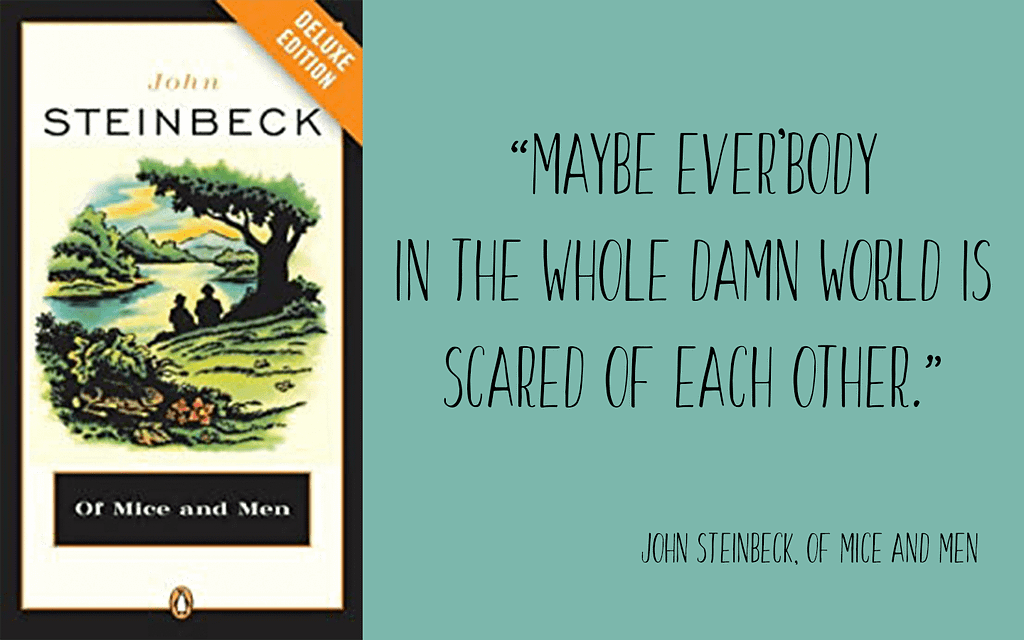
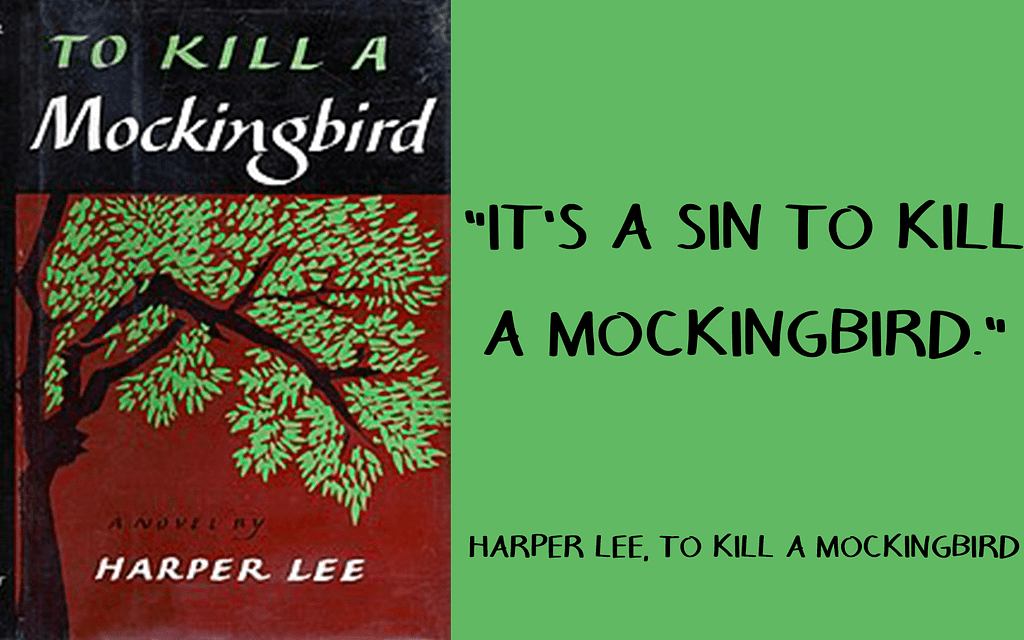







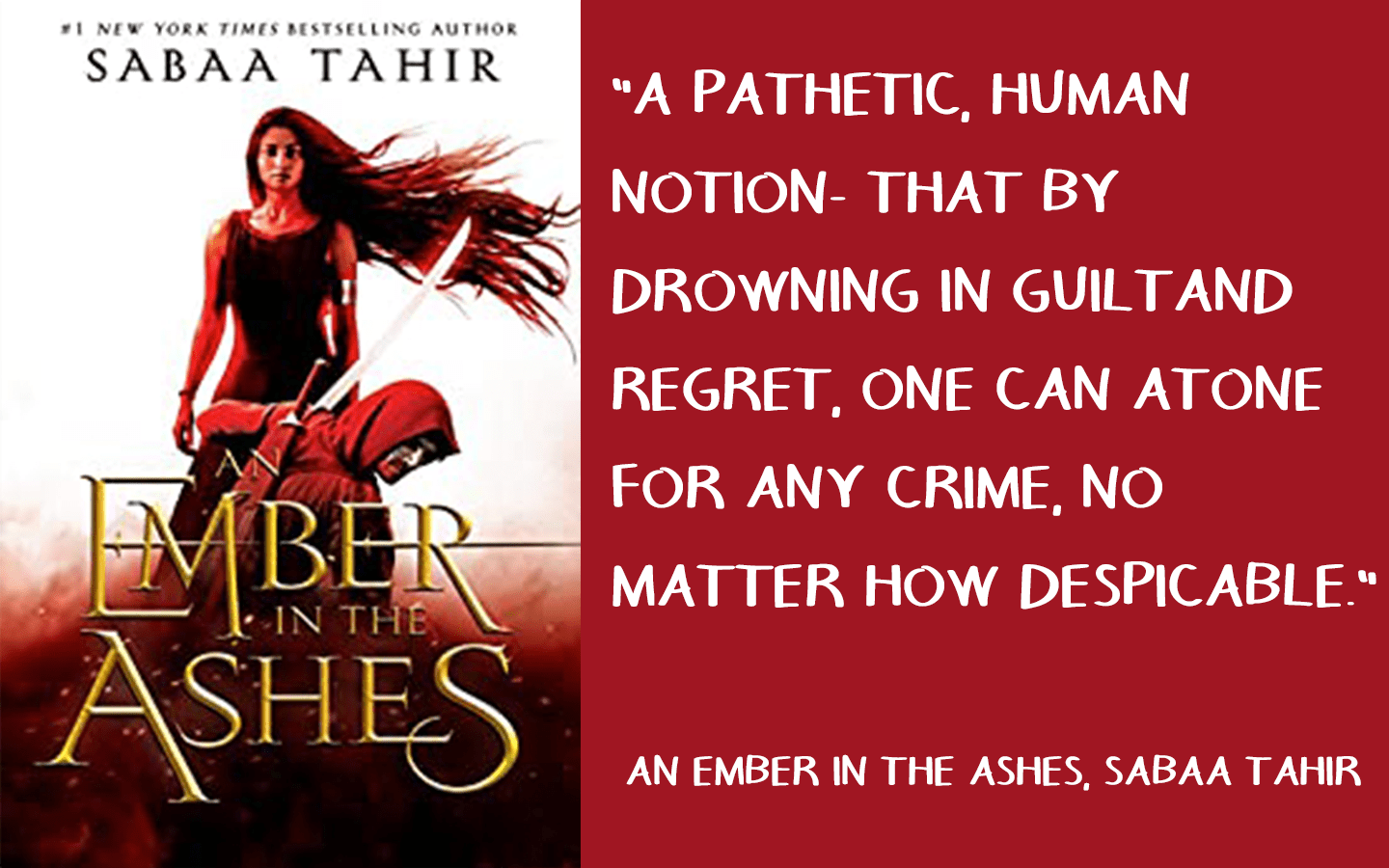
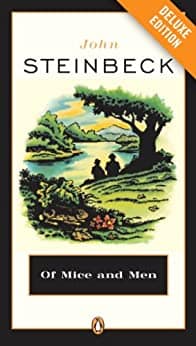
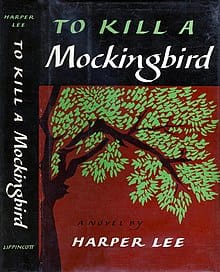
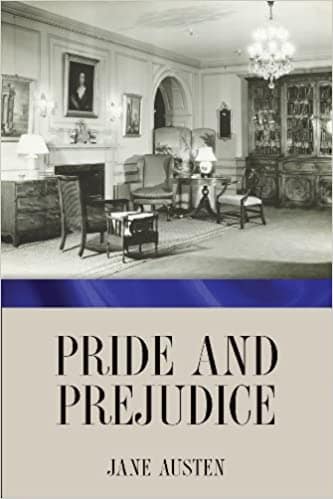
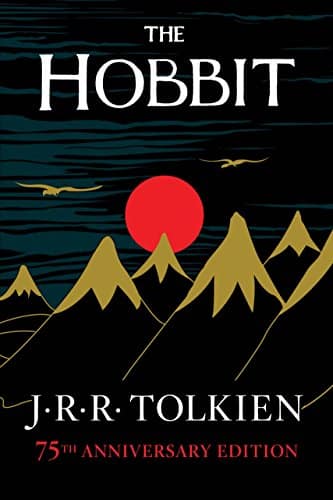
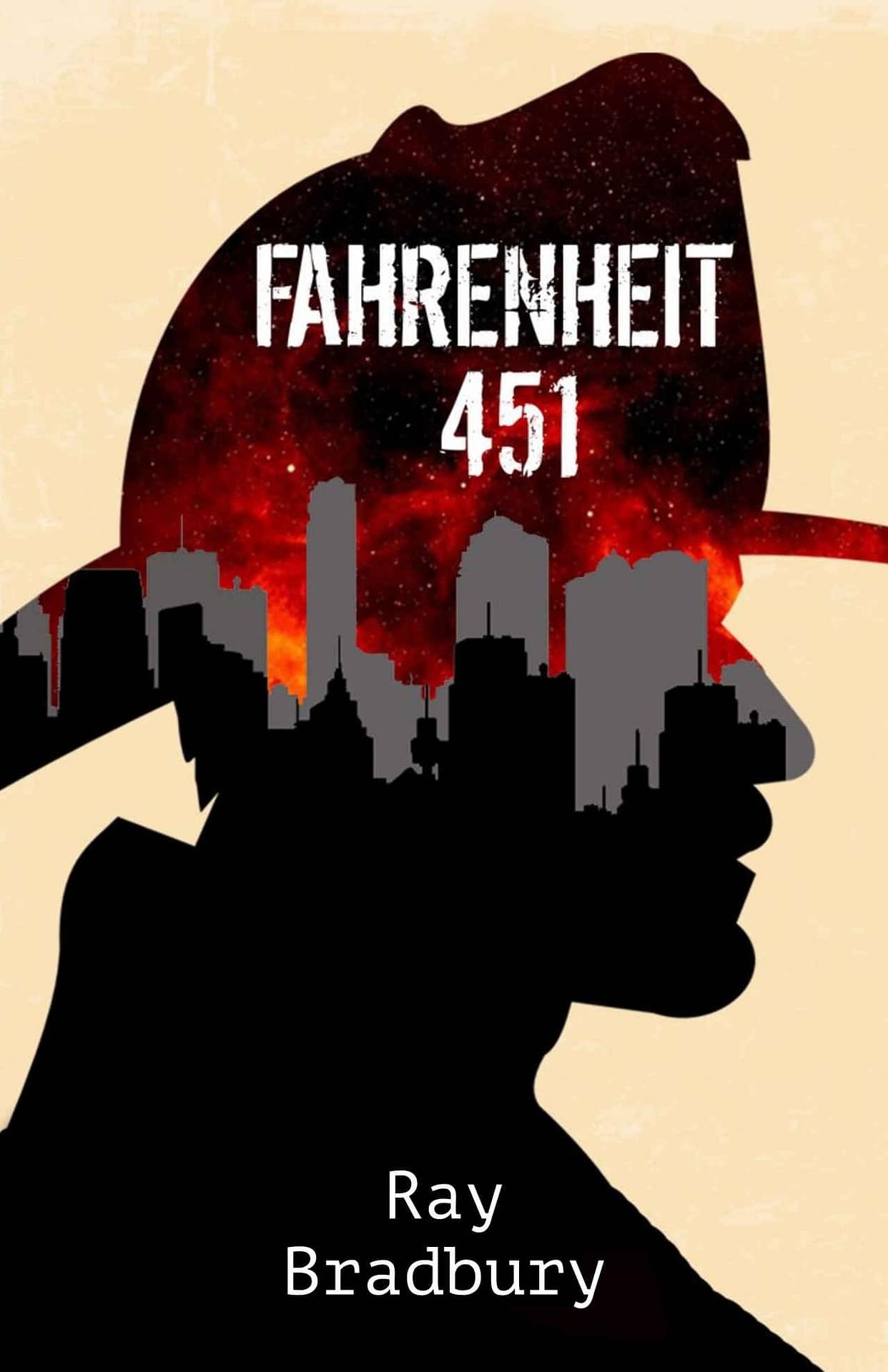
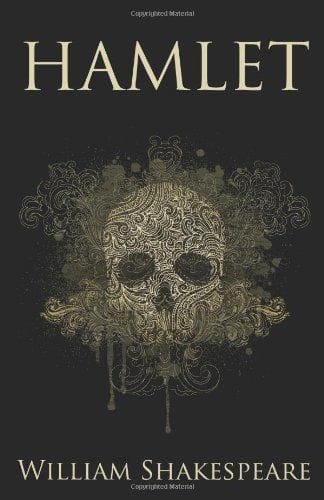
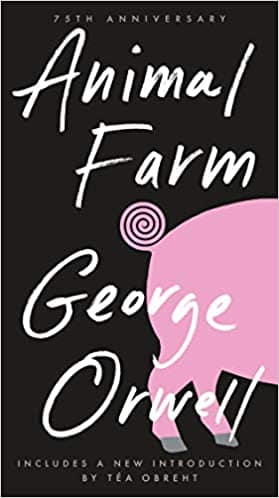
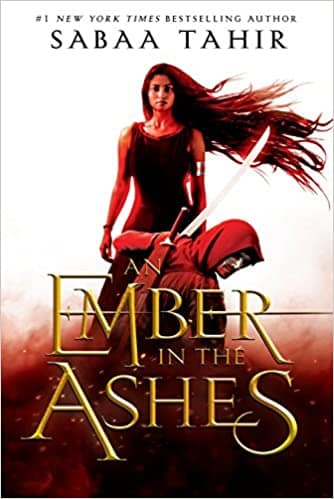
We Don't Need Better Policies | We Need Better People - Misfit Writer
July 18, 2020 @ 3:32 pm
[…] The Top Ten Books Everyone Should Read […]